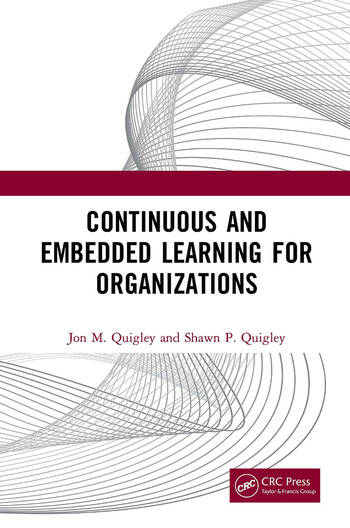Editorial: Investing for Tomorrow's Workforce

Regardless of layoffs and hiring slowdowns, American manufacturers either still face a shortage of qualified workers, or will when they resume hiring. The situation is similar in Japan. Kawamoto Isao, president of Kawamoto Works, said in Look Japan recently, "The number of trained craftsmen in Japanese manufacturing today is decreasing. I am determined to pass on our skills and artisanship to the next generation. We have been providing continual training to the employees who will inherit our technologies, to ensure that our company will remain in good hands."
Here in the United States, Intel is moving aggressively to ensure itself an adequate future workforce. Writing in The Wall Street Journal recently, David Wessel reports that, even though Intel is eliminating 5,000 jobs because of tough business conditions, it went forward with one of its regular college administrator tours. Intel reportedly spent more than $10,000 to send five employees and 12 community college presidents and deans on a 3-day tour through Texas and New Mexico, visiting Intel's Albuquerque chip-making plant and four community colleges that Intel considers models. The reason behind this is simply to help ensure that, 5 years from now, there will be an ample supply of workers for Intel's new plants in Colorado and Massachusetts.
Intel will resume hiring someday, and training programs can't be turned off like a spigot, says Pat Foy, a workforce development manager at Intel. And his boss, Keith Baumgardner, adds, "If we don't invest now, the students won't be there when we need them."
Intel learned a couple of lasting lessons from the technology-induced euphoria of the 1990s, according to Wessel. One is that sprinkling scholarships, hiring interns and donating equipment to schools--all common industry practices--aren't enough to ensure a supply of trained workers. So Intel is supporting community colleges, using the best as benchmarks for the others. "We're joining arms with them on the picket line," Foy says, "and saying to legislatures and higher education commissions: 'Technical education counts, and we're slipping'".
Intel chief executive Craig Barrett summed it up well in responding to a question, posted on Intel's internal Web site, about why the company was collecting trash less often but still spending on contests and scholarships for science-minded high-school students. Barrett likened spending on education to R&D spending, which is sacred at Intel. "There are certain things that Intel does that provide returns to the company on a long-term basis," he said.
That's what investing for tomorrow's workforce is all about!
Looking for a reprint of this article?
From high-res PDFs to custom plaques, order your copy today!





